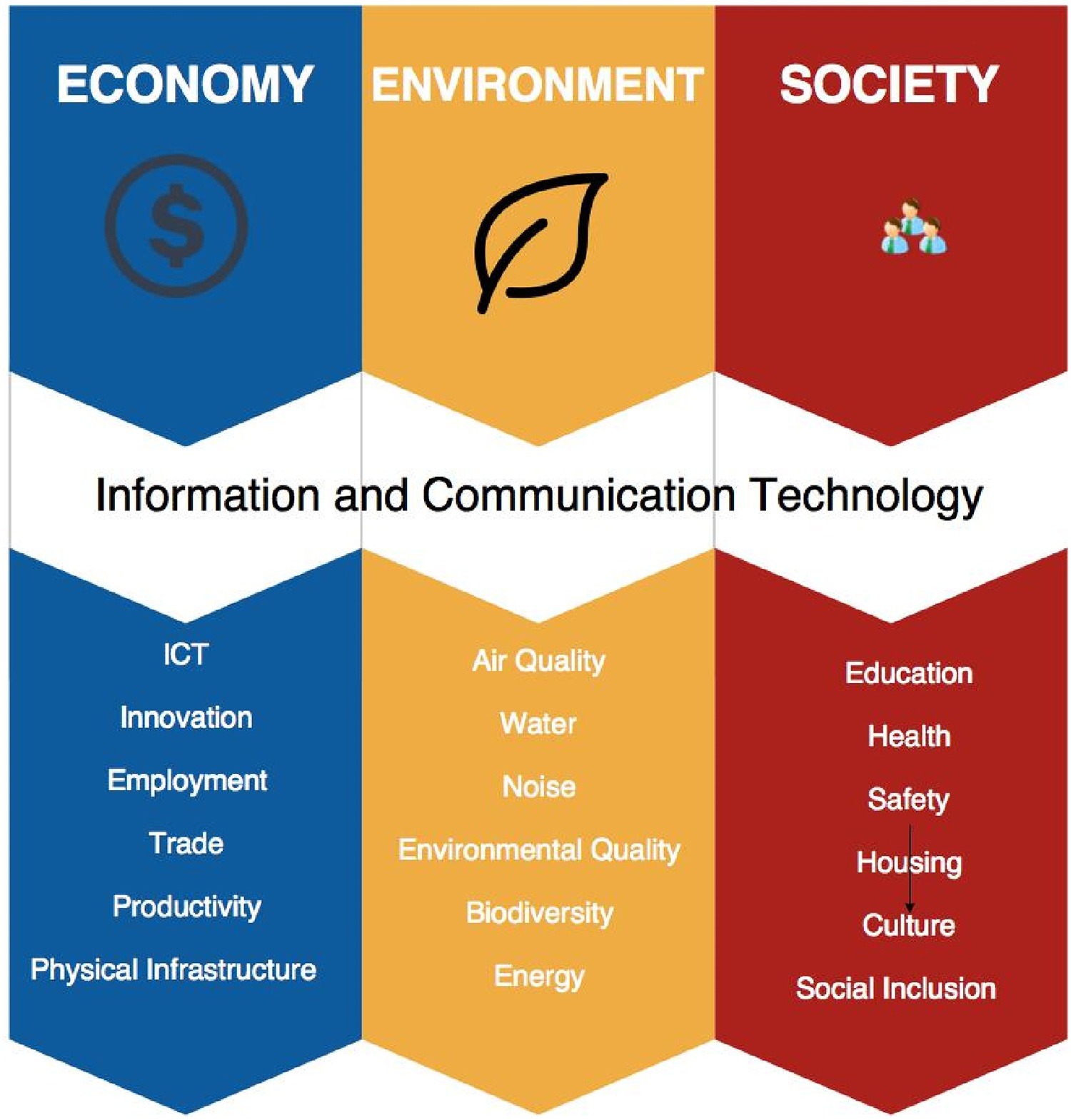Elsevier, Progress in Energy and Combustion Science, Volume 70, January 2019
In the last decades, energy scarcity has become an important issue globally. Renewable energy sources have gained importance due to limited fossil fuel reserves and increased concerns on climate change. In this regard, municipal wastewater is a remarkable energy source since huge amounts of wastewater are generated and treated all over the world every day. Conventional activated sludge (CAS) process, which has been in use for more than a century, is the most widely applied treatment method for municipal wastewater.
Elsevier, Renewable and Sustainable Energy Reviews, Volume 99, January 2019
The paper investigates the construction of strategies aiming to up-scale low-carbon innovations from pilot to full commercial scale. This requires a systemic understanding of the evolution of the technology along with the organizations and infrastructures supporting its development. Technological innovation systems concepts operationalize system building processes, including the establishment of constituent elements and the performance of key innovation activities.
Elsevier, Progress in Energy and Combustion Science, Volume 70, January 2019
In the last decades, energy scarcity has become an important issue globally. Renewable energy sources have gained importance due to limited fossil fuel reserves and increased concerns on climate change. In this regard, municipal wastewater is a remarkable energy source since huge amounts of wastewater are generated and treated all over the world every day. Conventional activated sludge (CAS) process, which has been in use for more than a century, is the most widely applied treatment method for municipal wastewater.
Elsevier, Sustainable Cities and Society, Volume 44, January 2019
There has recently been a conscious push for cities in Europe to be smarter and more sustainable, leading to the need to benchmark these cities’ efforts using robust assessment frameworks. This paper ranks 28 European capital cities based on how smart and sustainable they are. Using hierarchical clustering and principal component analysis (PCA), we synthesized 32 indicators into 4 components and computed rank scores. The ranking of European capital cities was based on this rank score.
Elsevier, Trends in Ecology and Evolution, Volume 34, January 2019
Global biodiversity targets have far-reaching implications for nature conservation worldwide. Scenarios and models hold unfulfilled promise for ensuring such targets are well founded and implemented; here, we review how they can and should inform the Aichi Targets of the Strategic Plan for Biodiversity and their reformulation. They offer two clear benefits: providing a scientific basis for the wording and quantitative elements of targets; and identifying synergies and trade-offs by accounting for interactions between targets and the actions needed to achieve them.
Elsevier, Journal of the Saudi Society of Agricultural Sciences, Volume 18, January 2019
Brassica carinata (Ethiopian mustard) could be a potential oilseed species for the semiarid tropics but no work has been done to explore the agronomic potential of the crop. Besides that, there is very little chance for horizontal growth of the crop as land is shrinking due to population growth in South-East Asia. Thus, the traditional practice of mixed cropping has gained popularity in recent years in the form of intercropping with a suitable modification in planting pattern.
Elsevier, Ecological Modelling, Volume 391, 10 January 2019
Using a consumption-based Multi-Regional Input-Output (MRIO) model, we investigate the distinctive characteristics, self-efficiency or external dependency, of energy demand's water footprint in China's two biggest and fastest developing megalopolises. We find that energy demand water footprint in the Jing-Jin-Ji and the Yangtze Delta amounted to 2.41 and 9.59 billion m³of water withdrawal respectively in 2010, of which 848.06 and 973.91 million m³was consumed. Among all energy products, electricity contributed the largest share to the energy sector's water footprint in both regions.
Elsevier, Ecological Modelling, Volume 391, 10 January 2019
The world food price crisis in 2007/08 has aroused worldwide attention to the global food price volatility and food self-sufficiency issues. This paper modelled the entire environment of food production and transaction from a holistic view by a Food-Energy-Water (FEW) nexus in order to reveal the hidden connections related to the food self-sufficiency issue, including the interdependencies of food production with its restraining factors (hybrid energy, hybrid water), other production sectors, and international exchanges.
Elsevier, Marine Policy, Volume 99, January 2019
The current regime governing Areas Beyond National Jurisdiction (ABNJ) as a global commons has resulted in overutilization of fisheries resources and patchwork attempts to regulate resource extraction. States are looking to expand resource extraction in ABNJs, including marine genetic resources, creating pressures to regulate these activities. As a result, since 2004, the United Nations has been holding preparatory meetings to lay the groundwork for a new international legally binding instrument (ILBI) to address the gaps left by UNCLOS.

